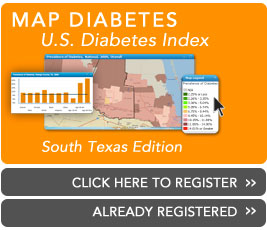Standard aspirin dose may not protect diabetics against blood clots
News Thursday, June 28th, 2012News-medical.net: Published on June 25, 2012 at 11:25 AM
Many patients with type 2 diabetes may be aspirin resistant. That means the standard aspirin dose may not protect them against blood clots that cause heart attacks andstrokes among diabetics, a new clinical study finds. The results will be presented Sunday at The Endocrine Society’s 94th Annual Meeting in Houston.
“This result adds to our understanding of the prevalence of this problem, which varies considerably among studies,” said lead author Subhashini Yaturu, M.D., section chief of the Endocrinology and Metabolism Department at Stratton VA Medical Center in Albany, NY. “The standard baby aspirin may not be adequate for subjects with diabetes for cardiovascular protection.”
Low doses of aspirin are recommended for the prevention of strokes and heart attacks. Aspirin is considered the usual treatment to prevent dangerous blood clots from forming. It is recommended for patients with diabetes and other high-risk medical conditions. In some cases, however, patients are resistant to aspirin’s anti-clotting effects. This resistance can be identified by measuring the level of a particular chemical called 11-dehydro-thromboxane beta-2, or 11DhTx2, which is formed during the clotting process. High urinary levels of this chemical indicate resistance to aspirin and its beneficial anti-clotting effects. Read more



























